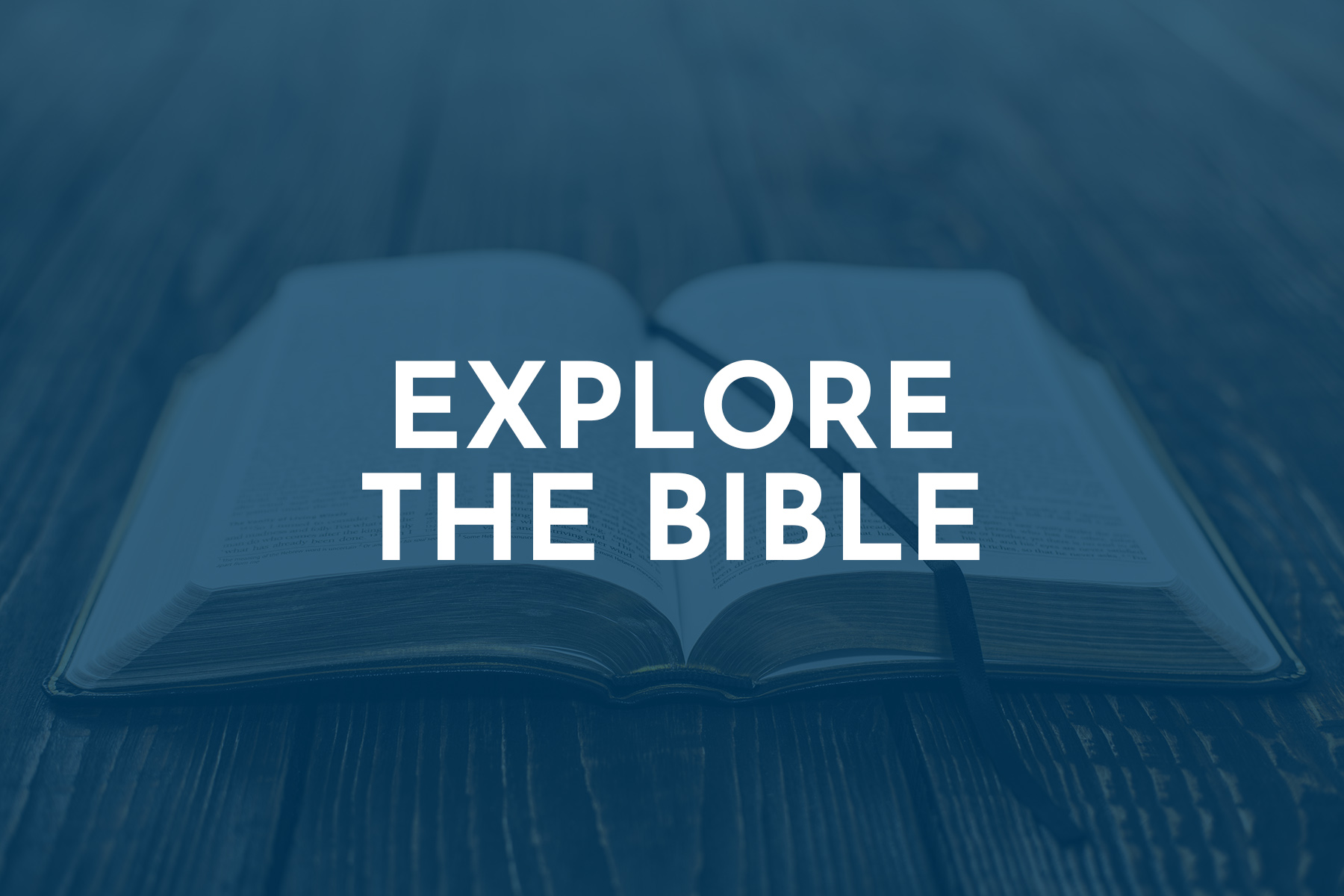Provision Given • Exodus 16:11-19; 17:1-6
By Wayne VanHorn

Today’s lesson is summarized in one statement, “God provides for His people!” In spite of this profound truth, God’s people still grumble. Christians are admonished to do all things without grumbling or arguing (Phil. 2:14). Today’s lesson demonstrates how God provides for the needs of His people. He provided back in the 15th century B.C., when Moses lead them out of Egypt; He provides today.
PROVISION (Ex. 16:11-15)
God responded to the people’s grumblings by speaking to Moses (16:11). Moses relayed the message of great promise to the people (16:12). The Lord was to provide meat at twilight and bread in the morning. The purpose of provision is that they would know that the Lord was their God. We must never forget this purpose when God provides for us today.
Exodus 16:13-15 confirms that God did what He had promised. He provided quail as the promised meat. He provided in abundance as indicated by the statement “quail came and covered the camp” (Ex. 16:13). In the morning, the Israelites got their first look at God’s manna from the heaven (Ex. 16:14-15). Jesus would later call Himself the Bread of Life, the true manna from heaven (John 6:31-35). In both the Old and New Testaments, God is the ultimate provider. Many people worry whether their needs will find provision. God provides!
INSTRUCTION (Ex. 16:16-19)
Our God is a teacher. This occasion provided the opportunity to teach His people to trust Him. The people were given specific instructions about the daily collection of the manna. They were to gather what each person needed to eat, up to two quarts per person (16:16). The Israelites complied; some gathered a lot and others a little (16:17). Every Israelite ended up with their share, just enough without surplus or shortage, as commanded by the Lord (16:18).
Perhaps the most difficult instruction to understand for the Israelites was for “no one to let any of the manna remain until morning (16:19). The Israelites would have to trust the Lord to provide their daily bread. Jesus incorporated this need to trust Him in His model prayer, “Give us today our daily bread” (Matt. 6:11, CSB). Those who tried to keep some for the next day woke up to a smelly, worm-infested meal and an angry Moses (Ex. 16:20). To keep the Sabbath holy, the Lord allowed them to collect two days’ worth on the sixth day and to rest the seventh day. He miraculously kept the manna from spoiling; “it didn’t smell or have any maggots” (Ex. 16:24).
FURTHER PROVISION (Ex. 17:1-6)
In this closing section, we see how God continued to provide for the needs of His people. They camped at Rephidim, but there was no water (Ex. 17:1). Stereotypically, the people used the occasion to complain against Moses (Ex. 17:2). As the Lord’s spokesman, Moses challenged their complaining against him, equating their contentions with testing the Lord.
Exodus 17:3 reveals God’s people at their worst. Though He had provided for their needs, they viewed every challenge as a threat to their survival. They turned against Moses, and by extension, against the Lord. They equated their freedom from Egyptian slavery with a death warrant in the wilderness (Ex. 17:3). They quickly forgot all of God’s miraculous provisions to date, inflating each new crisis into an accusation of Moses trying to kill them in the wilderness. This short-sighted ingratitude would later provoke God to prohibit them from entering the promised land (Numbers 14:22-23).
In times of crises, wise leaders turn to the Lord. Moses “cried out to the Lord” (Ex. 17:4). Moses asked God what he should do with these angry people. He feared they were about to stone him to death. God answered Moses’ prayer, instructing him to take the same rod with which he had turned the Nile River’s waters to blood and had parted the Red Sea (Ex. 17:5). The rod that had rendered the water of the Nile undrinkable and had dried the Red Sea, would be the instrument the Lord used to provide fresh drinking water to His people.
God provides for us in the most unlikely ways. Who would have imagined He would bring water from a rock? Exodus 17:6 emphasizes God’s presence, Moses’ obedience, and the provision of water for God’s thirsty people. The people survived in spite of their complaining because all provisions were given by the power of a loving God. Let us remember.
VanHorn is a professor of Christian Studies at Mississippi College, Clinton.




